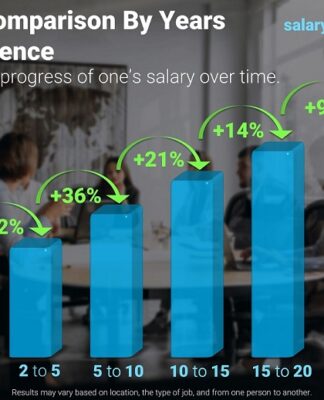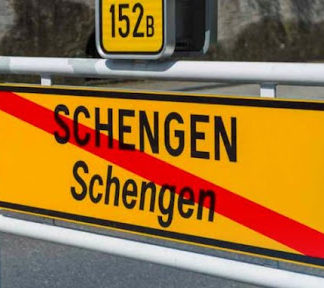Luxury car maker Porsche sees sales crash in China as competition heats up
The new Porsche 911 on a road
Copyright Porsche
By Indrabati Lahiri
Published on 12/10/2024 – 8:30 GMT+2
Share this article
Comments
German automaker Porsche has experienced dropping sales as competition in China continues to rise, with demand for some of its key electric models falling as well.
Auto giants such as Porsche are continuing to see their sales in Chin suffer, as competition increases significantly and consumers still shy away from big purchases, amidst the ongoing cost of living crisis.
Porsche’s third quarter sales recently fell to the lowest figure for this period in 10 years.
Sales for the electric Taycan model plunged by 47%, mainly because of falling demand for electric vehicles (EVs) in Europe and the US, as well as issues specific to the Taycan model.
This includes manufacturer recalls in both June and October this year because of problems the brake hose and battery module.
From January to September this year, the company delivered 43,280 vehicles in China, which was a fall of 29% from the first nine months of 2023. Porsche delivered 61,471 vehicles in North America, which was also 5% less than the same period last year.
However, in Europe, despite the Taycan model’s dampened performance, the company delivered 52,465 vehicles. This figure was excluding Germany.
But Detlev von Platen, a spokesman for Porsche AG, remained upbeat. In a statement, he said, “Customer demand remains at a robust level and the feedback from our customers on the new models is very good. As product availability increases, we are optimistic about the final spurt for 2024.
“The market environment remains challenging worldwide. However, with the youngest model range in the company’s history and a sales structure that remains very balanced in the sales regions, we are in a robust position. Our strategy of value-oriented sales has proven its worth and will continue to form the basis of our actions in the future.”
Volkswagen, Porsche’s parent company, has also faced a similar situation, with sales dropping 15% in the third quarter of this year.
Related
Tesla unveils its long-awaited cybercab Robotaxi – will it satisfy investors?
What do economists think of France’s emergency budget to address debt crisis?
Marco Schubert, a senior executive Volkswagen said in a statement, “After nine months, Volkswagen Group deliveries are around three percent down on the same period last year in a market environment that remains challenging.
“We grew significantly in North and South America and increased our market share. In Europe, we were able to keep our vehicle handovers to customers largely stable, but are experiencing significant headwinds from the market.
“The competitive situation in China is particularly intense, which is the main reason for the global decline in our deliveries. In the coming months, numerous attractive new models across all brands will strengthen our market position worldwide. In addition, however, a better cost base, particularly in Germany, is essential to remain successful in this environment in the future.”
China’s booming demand for EVs further hurts European automakers
Although EV demand in Europe has slowed down considerably, especially in the face of rising tariffs on the import of Chinese EVs, in China, the situation is very different.
The country’s domestic EV producers such as BYD and Geely have seen a marked surge in demand, which has significantly hit European automakers’ Chinese profits and sales.
This is mainly because of Chinese EVs being considerably cheaper than European vehicles, while also catering to the demand for more eco-friendly vehicles.
They also pack more features and offer more modern designs compared to European automakers.
The increasingly tense EU-China trade war has also led several observers to speculate that the Chinese government may impose sanctions on European car manufacturers with significant production facilities in the country including BMW, Audi and Mercedes-Benz.
This has led to more customers steering clear of these brands which have seen a corresponding drop in sales in China, forcing them to adapt accordingly and focus more on their electric vehicle offerings in the country.

































